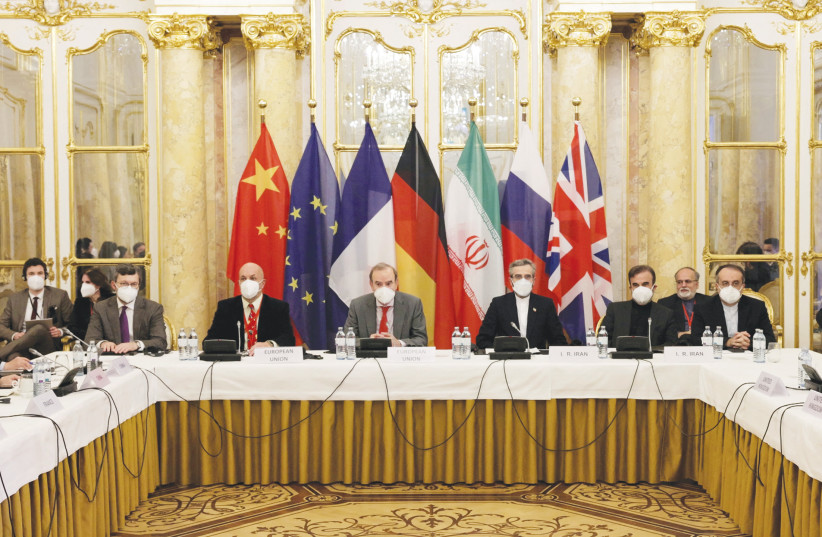US Special Envoy for Iran Robert Malley on Sunday said he would soon return to Vienna for the next round of talks on returning to the 2015 Iran nuclear deal, insisting it could still be revived.
The Biden administration has been trying to revive the deal, which lifted sanctions against Tehran in exchange for restrictions on its nuclear activities until former President Donald Trump pulled Washington out in 2018. Iran later breached many of the deal's nuclear restrictions and kept pushing well beyond them.
"President (Joe) Biden still wants us to negotiate in Vienna," Malley told MSNBC in an interview on Sunday night.
"We'll come back next week. That's a symbol or a sign of our continued belief that it is not a dead corpse - that we need to revive it because it is in our interest."
Malley appeared to be referring to the coming week. A State Department spokesperson was not available to clarify when the talks would resume.

Speaking on condition of anonymity, a European official said top envoys to the Vienna talks - which are indirect because Iran has refused to sit down with U.S. diplomats - were likely to meet on Tuesday in the Austrian capital.
Diplomats and analysts say the longer Iran remains outside the deal, the more nuclear expertise it will gain, shortening the time it might need to race to build a bomb if it chose to, thereby undermining the accord's original purpose.
Iran denies it has ever sought to develop nuclear arms.
On Friday, the United States restored sanctions waivers allowing international nuclear cooperation with Iran on projects designed to make it harder for Iran's nuclear sites to be used to develop weapons, although a senior State Department official said that was not a signal Washington was on the verge of reaching an agreement.
